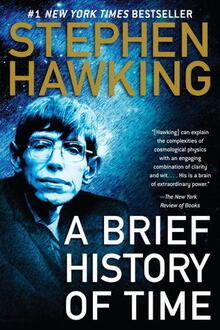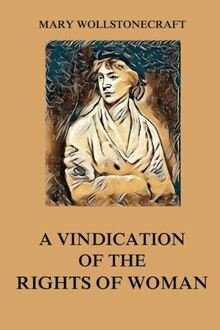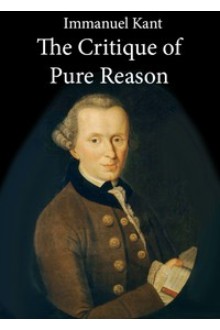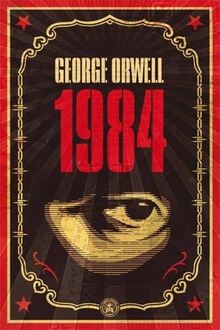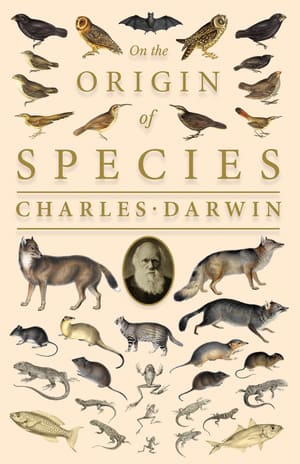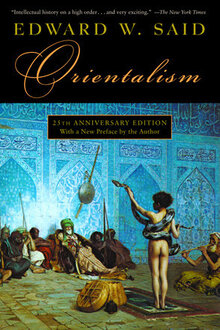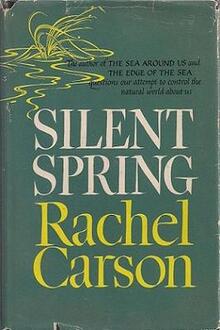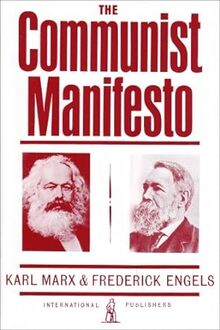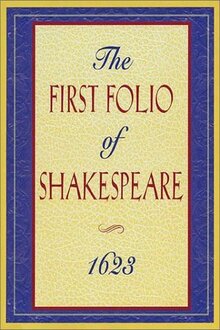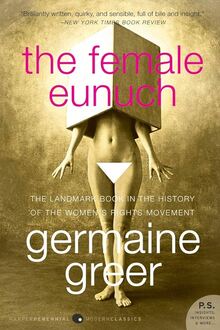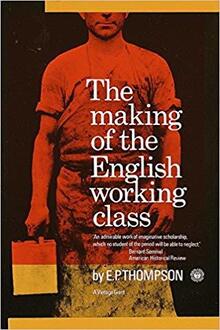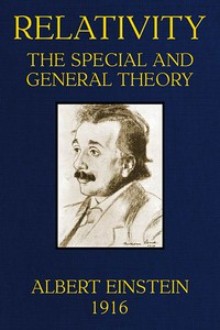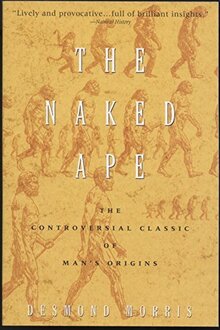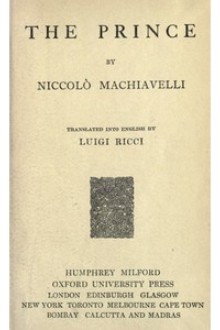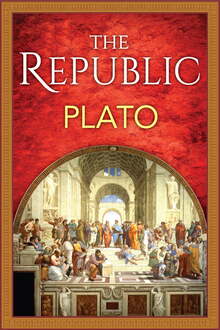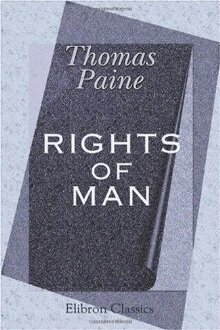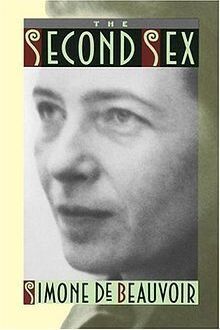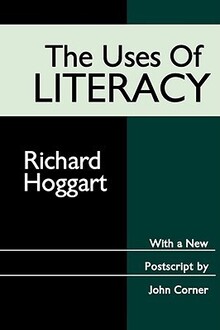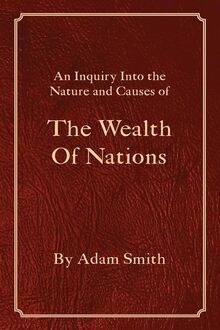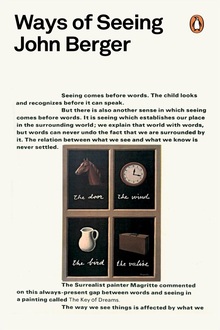- Home
- Genres
- All books
- Adventure
- African-American Studies
- Agriculture
- Art/Craft
- Banned Books
- Biography
- Business
- Canadian Literature
- Classic
- Computers
- Cooking
- Correspondence
- Creative commons
- Criticism
- Drama
- Education
- Espionage
- Essays
- Ethics
- Fantasy
- Folklore
- French Literature
- Games
- Gay/Lesbian
- Ghost Stories
- Government Publication
- Harvard Classics
- Health and Medicine
- History
- Horror
- Humor
- Language
- Law
- Literary Fiction
- Music
- Mystery/Detective
- Myth
- Nature
- Nautical
- Non-fiction
- Occult
- Other
- Periodical
- Philosophy
- Picture Books
- Pirate Tales
- Poetry
- Politics
- Post-1930
- Psychology
- Pulp
- Reference
- Religion
- Romance
- Satire
- Science Fiction
- Science/Technology
- Sexuality
- Short Story
- Thriller
- Travel
- War
- Western
- Women’s Studies
- Young Readers
- Blog

